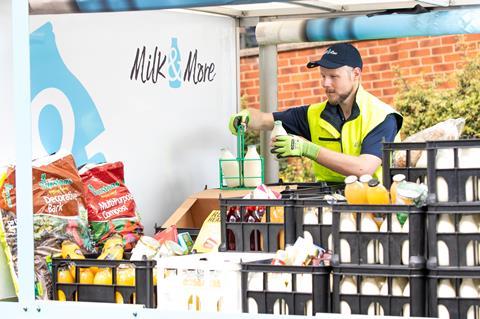
Müller UK & Ireland has announced the sale of its Milk & More doorstep delivery service to rival milk processor Freshways Group.
The deal – the value of which has not been disclosed – is due to be completed by 1 January. It will see mid-market player Freshways acquire all 31 of Milk & More’s sites, plus its sophisticated back-office e-commerce operation, with all 1,100 staff transferring over to Freshways Group.
Milk & More serves hundreds of thousands of customers across the country every week with fresh milk, juices, breads, eggs, yoghurts, fruit & veg and other grocery staples.
It was acquired by Müller in 2015 as part of its purchase of Dairy Crest’s liquid milk operation.
After initial concerns over its viability, Müller invested heavily in the business – transforming it into a modern and efficient, tech-focused and customer service-led DTC operation, selling a host of sustainability-focused products, delivered by a fleet of electric vehicles.
In an interview with The Grocer this summer, Milk & More CEO Patrick Müller said the business had been revitalised in recent years to become the equivalent of a “farm shop on wheels” and “the home of refill”.
Milk & More owned by Freshways following Muller sale
But following a strategic review by owner Müller, Milk & More was said to no longer align with the dairy giant’s main focus as a B2B supplier of fresh milk, yoghurt and other dairy products.
Freshways MD Bali Nijjar told The Grocer he intended to run Milk & More as a standalone operation separate to the supplier’s existing business, which specialises in the processing and selling of milk and other staples mainly to independent retailers and foodservice operators.
However, he suggested there could be some opportunities for integration by channelling some of Freshways’ existing distribution routes via Milk & More’s network, which has been modernised in recent years.
Müller’s Hanworth glass bottling plant in west London, however, was not part of the deal. The plant, which was rescued from closure by Milk & More in a move to increase the service’s availability of glass bottles towards the end of the last decade, will remain in the hands of Müller and now faces an uncertain future. It is understood to supply 90% of its output to Milk & More.
READ MORE: How Milk & More turned into a dairy pioneer
Nijjar said a decision on whether Freshways would continue using the Hanworth plant would follow in due course, though he stressed Freshways had invested a significant amount of money into recyclable cartons in recent years, “so there could be a potential to switch away from some glass”.
“Milk & More is a very well-run business. Where we will be different to Müller will be in the way we can make very quick decisions,” Nijjar said.
“We are delighted to be entering a marketplace which we have not been a part of for many decades. We have seen customer habits changing in relation to convenience through the growth of home delivery operations like Amazon and Deliveroo,” he added.
“We’re confident we can carry forward the Milk & More business in the same manner that we have elevated Freshways over the past 30 years.”
A loss-making business according to Freshways MD
The synergies that exist between Milk & More and Freshways, and the opportunity afforded through vertical integration with a direct supply of fresh milk, “offers Milk & More the means to further develop its proposition for customers”, said the delivery service’s CEO Patrick Müller.
“Potential also exists to advance our sustainability agenda by offering its customers the choice between refillable glass bottled milk and renewable cartons, the environmental credentials for which have significantly improved,” he added.
As a subsidiary of Müller UK & Ireland, Milk & More’s accounts are not publicly available. However, Nijjar said the business was still loss-making, despite the strides it had made in recent years.
Freshways itself has seen a significant turnaround in its performance since completing its merger with rival processor Medina in 2021.
Its most recent accounts for the 12 months to 31 December 2022, published in September at Companies House, revealed a “dramatic” swing back into profitability.
Operating profit rose to £2.9m for the year, rising from a loss of £4.6m in the previous accounting period, while pre-tax profits jumped by 133% to £1.8m. Cash reserves also rose significantly, by 250% to £2.1m, while turnover jumped by 38% to £347m.







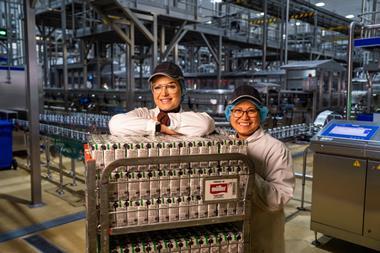
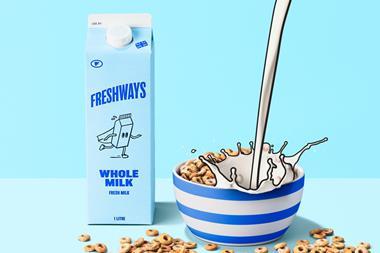
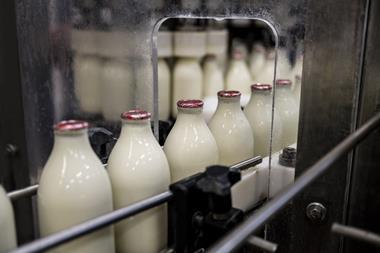
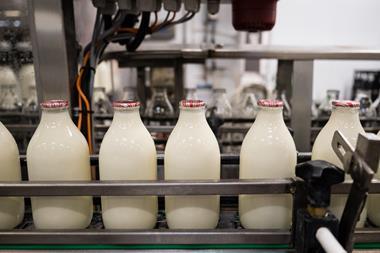
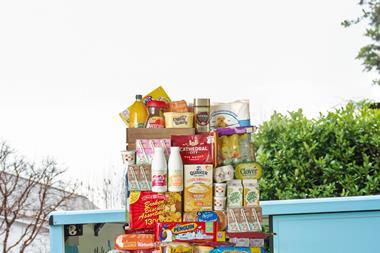
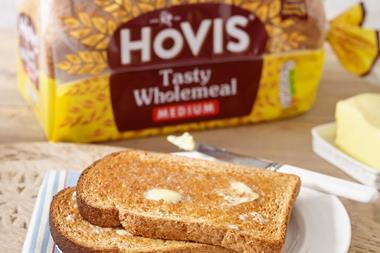






No comments yet